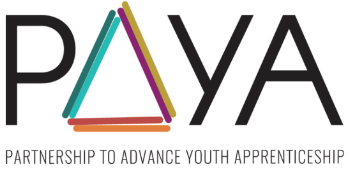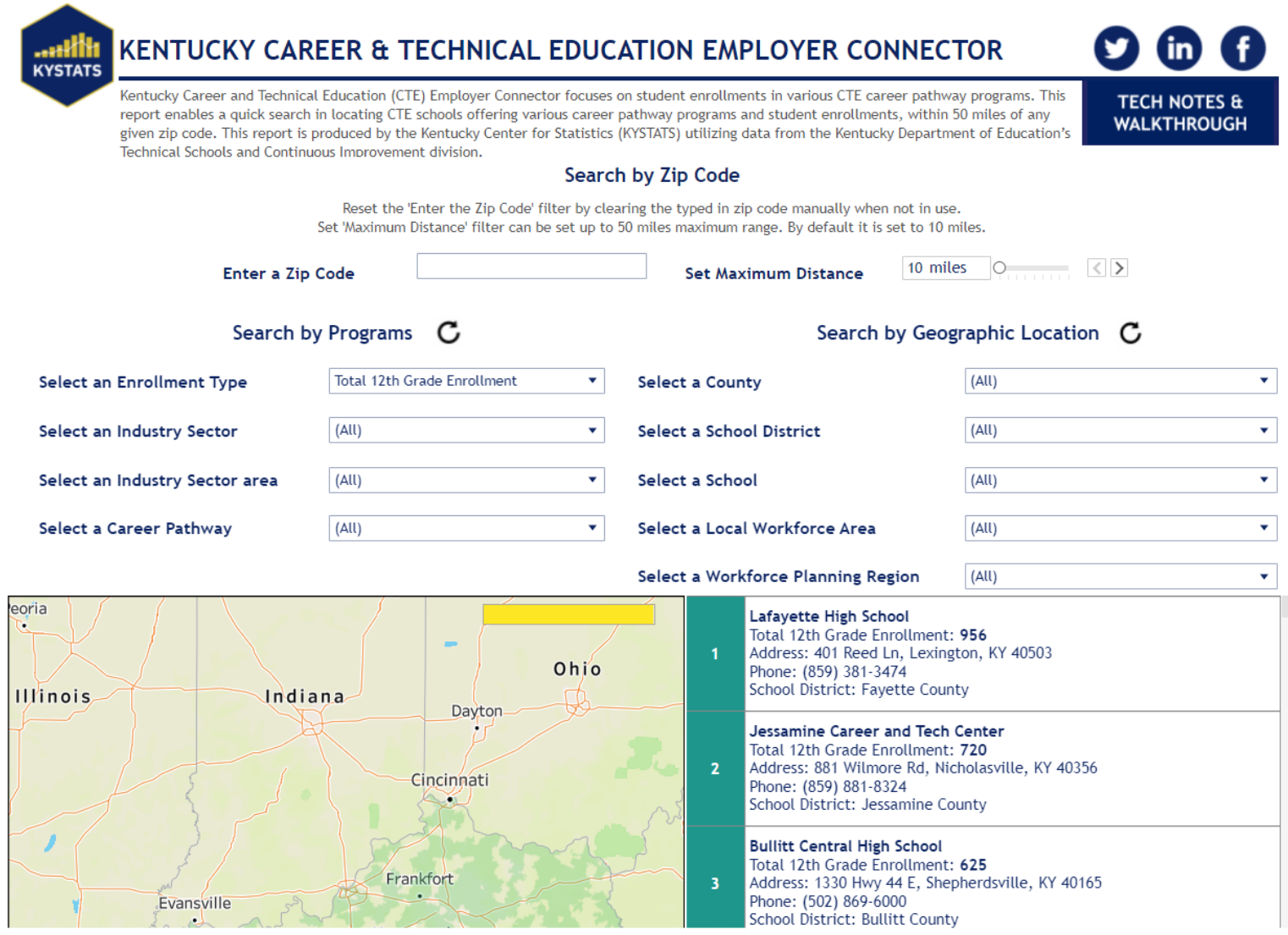This is the second blog in a series published in partnership with New America through the Partnership to Advance Youth Apprenticeship (PAYA). The blog series will highlight how PAYA network sites are using data to improve youth apprenticeship quality and equity.
 Youth apprenticeship programs provide learners with the opportunity to receive paid work experience during their high school years as a way to explore a possible career-focused pathway that can lead them to a family-sustaining wage. These programs also provide secondary and postsecondary credit providing an on ramp into pursuing additional education.
Youth apprenticeship programs provide learners with the opportunity to receive paid work experience during their high school years as a way to explore a possible career-focused pathway that can lead them to a family-sustaining wage. These programs also provide secondary and postsecondary credit providing an on ramp into pursuing additional education.
Since youth apprenticeships often cut across multiple systems and sectors, states should align secondary, postsecondary and workforce data systems and clarify which entities are responsible for collecting, sharing and/or reporting data. The Tech Ready Apprentices for Careers in Kentucky (TRACK) youth apprenticeship program is an example of a statewide program that has developed a consistent framework for defining, collecting and using youth apprenticeship data.
History of Data Collection in Kentucky TRACK
The Tech Ready Apprentices for Careers in Kentucky (TRACK) youth apprenticeship program is a partnership between the Kentucky Department of Education’s Office of Career and Technical Education and the Kentucky Office of Apprenticeship to provide secondary learners with seamless pathways into Registered Apprenticeship opportunities. Starting in 2013 as a pilot with three employers and seven apprentices, the program has expanded exponentially, recording around 400 apprentices and over 70 employers in the spring of 2020.
In order to tell the story of the KY TRACK program, there is a need for a consistent process of collecting and utilizing youth apprenticeship data. The KY TRACK agreement and completion forms are the primary vehicles for tracking data. This is how the state is able to gather information about the learners and the types of youth apprenticeship experiences they are moving through. Kentucky also provides implementation documents to guide intermediaries, secondary schools and employers through the youth apprenticeship process.
There are numerous systems that work together to create the data infrastructure for the TRACK program, including Infinite Campus, a technical education database system, the Office of Career and Technical Education’s in-house tracking database and an assessment system. All systems work off the same standardization of data elements and include extensive data monitoring practices. It is clear that Kentucky does not do anything without backing it up with the numbers.
Kentucky’s longitudinal data system, KY STATS, links high school and college data, including data on youth apprenticeship programs. Having access to this data allows apprenticeship programs to be recognized as a valuable postsecondary option for learners.
It is evident through the data that the TRACK program works. One year after graduation, 86 percent of learners who are not enrolled in a postsecondary institution are employed with a median salary of $22,241. What is more impressive is that the same group of learners three years after graduation are employed at a rate of 100 percent with a median salary of $41,539.
Win-Win for Learners and Employers
The data shows that TRACK participants that either enroll in postsecondary education or enter the workforce right after graduation both gain value from their experience in a youth apprenticeship program. Learners have the opportunity to move through a paid career pathway that is regulated and overseen by the state, which ensures employers meet specific standards for the work learners are participating in. The end result of the youth apprenticeship is a nationally-recognized portable credential allowing learners to take their investment to the next level by gaining credit for prior learning at a postsecondary institution or entering the workforce as a valuable asset to employers.
Employer Connector
In November 2020, KY STATS built a report focused on student enrollment in various CTE career pathways. Employers can quickly search to locate schools within a geographic area that offer career pathways closely aligned with their industry sector. The report also allows employers to search for TRACK youth apprenticeship programs, addressing employers’ requests for information to connect with school districts and learners. School districts can also use the report to evaluate their programs and utilize that information alongside labor market data to project the needs of employers in the future.

Accountability & monitoring in TRACK
Kentucky selected recognized postsecondary credential attainment as its Perkins V secondary CTE program quality indicator. The state plans to count TRACK certificates towards its credential attainment number. Learners awarded these certificates will have successfully completed an apprenticeship pathway and will be considered career ready by the state. A copy of TRACK certificates and industry certifications must be kept on record at the school/district for monitoring purposes.
Advice For Other Youth Apprenticeship Programs
Kentucky’s advice for states and intermediaries moving forward in this work is to start small. Youth apprenticeship leaders should bring together the right program experts, including individuals with extensive knowledge on data, to facilitate a discussion on the work and build the key components of the data infrastructure. They should also offer professional development to stakeholders engaged in the work including level setting webinars on entering data into the new infrastructure.
Additional blog posts in this series can be accessed here. For additional resources on data and accountability, please visit Advance CTE’s Learning that Works Resource Center.
Jeran Culina, Senior Policy Associate

